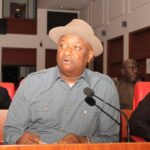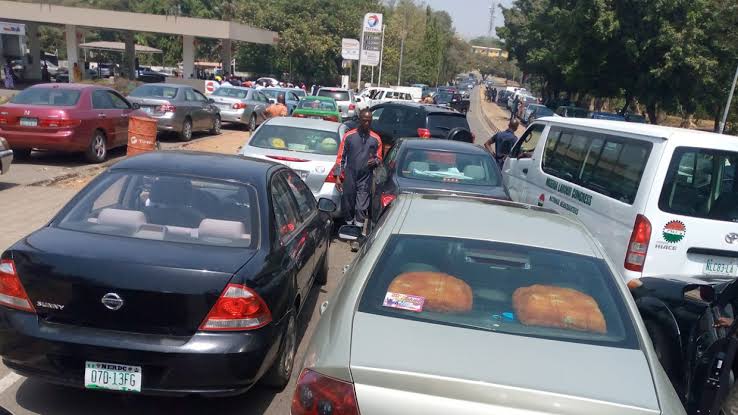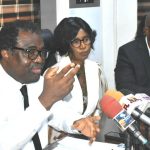By Chidiebere Ugwu
The Federal Capital Territory FCT Abuja may have been again hit by scarcity of Premium Motor Spirit (PMS) popular called fuel, leaving many commuters stranded.
The development which started on Monday has continued to increase in intensity, dominating discussions among many residents of the nation’s capital on Wednesday.
Our Correspondent who monitored the situation on Wednesday reports that most Filling Stations along Maraba, Nyanya along Keffi-Abuja expressway were not opened for business, with hawkers suddenly springing up at different areas of the city.
Frank Idoko, a motorist lamented the development saying he was caught unawares, as he had no fuel at all in his car.
Idoko who spoke to our Correspondent at Central Area axis, said that he was forced to buy fuel at N1000 per Litre, when he drove on a reserve tank from Mararaba to town without seeing any filling station, that was selling.
“My brother, we are tired in this country. Even at the exorbitant price of N680 per Litre, we cannot see fuel to buy. Can you imagine, I bought 10 liters of fuel at N10,000 this morning. I was forced to because I drove on reserve from Mararaba to town, no filling station is selling. Look for yourself, anywhere you see open filling station, the queue will extend to God-Knows-Where” he said.
It was learnt that the story in areas such as Gwarimpa, Katampe, Garki, Wuse, and Lugbe.
Mrs. Juliet Nwosu, narrated how she also got stranded at Gwarimpa area looking for fuel, adding she was forced to buy from black market when it became obvious she was not going to be lucky.
“I left early enough to look for fuel, from my house at Wuye, I drove all the way to Gwarimpa without success, my husband was calling me to buy black market but I thought I could be lucky, when I got to Gwarimpa the fuel was already on reserve, and you know this is Honda, I had to buy black market to avoid being stranded on the way” she said.
The unexpectedly closure of filling stations has also affected the traffic as well as transport fares.
While the situation reduced the number of vehicles on the roads, the limited number of vehicles on the road significantly raised transport fares by more than 200 percent.
Commuters who managed to get on the few available buses were forced to pay exorbitant
prices.
Commercial transporters charge N500 for a trip of N200, as a trip of N500 costs between N1,200 and N1,500.












